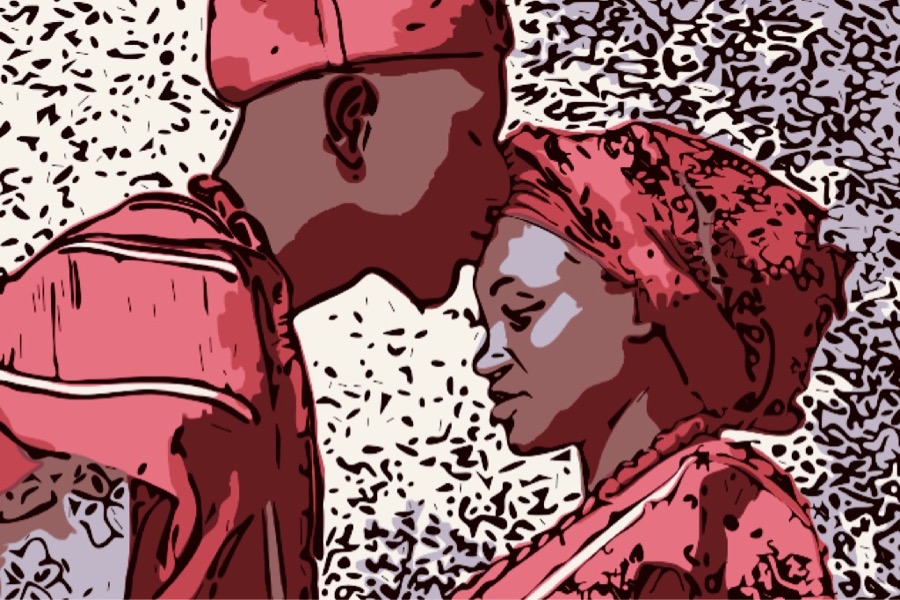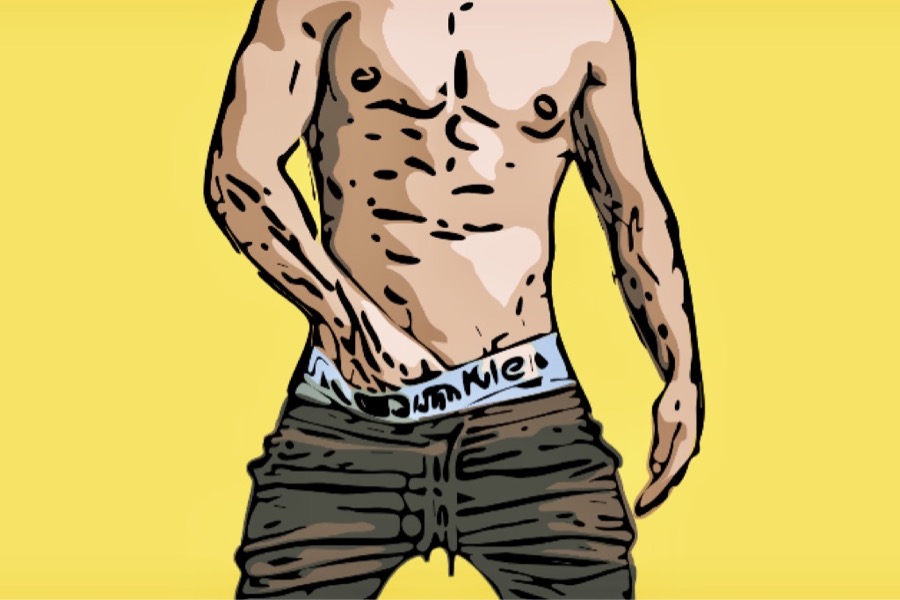In the last months the political debate in most European countries is focus on two moral issues: the treatment of refugees coming from decomposing states in Africa and Middle East and the recognition of same-sex marriage. The two issues are perceived as obviously distinct: groups and media specialized in the first field don’t express their position on the second field, and vice versa. And even newspapers face the two topics in clearly separate pages. Yet there is a common thread: human rights. This is not a purely lexical or only abstract thread, as it’s showed by the activism of Neil Falzon and his Aditus foundation, a Maltese organisation that defends the rights to 360 degrees. Today in the island Falzon is known as the most important human rights activist. Where human rights don’t need further adjectives.
When did you start to take care of migrants and refugees?
In my last years at university, around 2000, I joined and headed Amnesty International’s Malta branch and there was made aware of the challenges faced by migrants and refugees in Malta. That was all put on hold for some years as I pursued my human rights masters. In 2005 I started working for the United Nations High Commissioner for Refugees (UNHCR) and then of course was thrown into the world of refugees coming to Malta, but also seeing the global perspective given my role with the UN. I headed the UNHCR office for some years, working trying to ensure refugees are protected from when they’re out at sea all the way to their difficult integration in Malta.
And then? When you have created the foundation Aditus?
I quite the UN office and in 2011 established Aditus foundation with 2 other lawyers: I realised I was best suited for NGO (non-governmental organisation) work.
What were the organisation’s goals? Did they change with time?
Our idea was, and remains, to create an NGO that looks at human rights holistically and not limited to one specialised theme. We also want to focus on advocacy at the legal and policy levels, and not prioritise services. Today, Aditus foundation still holds those ideas close to heart and we try to emphasise the fact a human rights agenda – be it at state, community or personal level – must be inclusive and universal, meaning it must address all human rights and should target all members of society.
With which other organisations do you work?
We cooperate closely with several other organisations in all areas of our work, as we firmly believe that concerted efforts are far more effective than solitary ones. In fact, we feel it is part of our mandate to develop networks, energies and communities. In 2014 we established Malta’s first and only human rights network, PHROM, gathering NGOs working in any human rights area, to talk, work together, support each other and push human rights up Malta’s agenda.
How does the Maltese population consider your work?
Since we deal with various issues and themes, our public perception is also multi-faceted. Our work with migrants and refugees makes us very unpopular, to the point that we are often subjected to vulgar and aggressive language. We are often seen to be traitors supporting Africa’s invasion of Europe with Malta acting this melodramatic barrier between a rich, white and hard-working north versus a Muslim, dirty and plunging south. Our work on LGBT issues is generally more popular, also because it is popular with the Maltese Government.
And how does the LGBT community in particular react to your work?
The community is supportive of what we do. We drafted and pushed Malta’s Civil Unions Act, whereby homosexual couples now can enjoy the same rights and obligations are married couples. We also work with transgender issues, including on Malta’s new gender identity legislation.
Does this support extend to battles for the rights of migrants and refugees too?
It remains difficult for us to remind the community, the general public and the government, that LGBT rights are ultimately identical to migrant and refugee rights because they are fundamental human rights. Because we are dealing with socially excluded communities, persons suffering discrimination at work, in bars, in the streets, and who are at times also at risk of physical violence. We try to use our successes in the LGBT sector to improve our impact on the rights of migrations and refugees.
I’ll give you only one example on Italy: almost always the major LGBT Italian media don’t write a single line about the massacres in the Mediterranean Sea…
For us an LGBT activist must also show support for the rights of other excluded groups. How this is done of course depends on several factors and can be very subjective, but unless we – as activists – connect the dots between, for example, a trans sex worker and an unaccompanied refugee child, how can we expect States and the general public to do it?
What do you think about Maltese immigration policies?
Malta has always adopted a restrictive approach to migration, preferring to use discourse and adopt policies that bluntly tell migrants that they are not wanted. This is seen in issues such as Malta’s detention policy, the lack of integration perspectives, high levels of racism (including institutionalised) and labour exploitation and also Malta’s approach to long term residence and citizenship.
And what about European Union?
The EU is a strange animal, since on the one hand we observe a strong EU dimension to several areas of life, yet with migration national politics and priorities remain the guiding force in Brussels. These divergent approaches inevitably lead to a fragmented approach to policies and rules such as access to the EU, to labour markets, to education, to support services, and to asylum procedures. We are also disappointed that the EU has failed its role of reminding member states – through use of legal measures – of their legal obligations, including in relation to fundamental human rights.
And the, what are your suggestions?
We think the EU need to urgently revise its approach to migrants and refugees. It is unacceptable that a Somali family escaping war or persecution must get onto a boat and risk its life because no member state will grant a Schengen visa! We are collectively responsible for the deaths of thousands of migrants, and unless discourse and policies shift from emergency to long-term, from self-centred to a rights-based approach, all we will see is more misery, more funerals. And more crocodile tears.
©2015 Il Grande Colibrì




